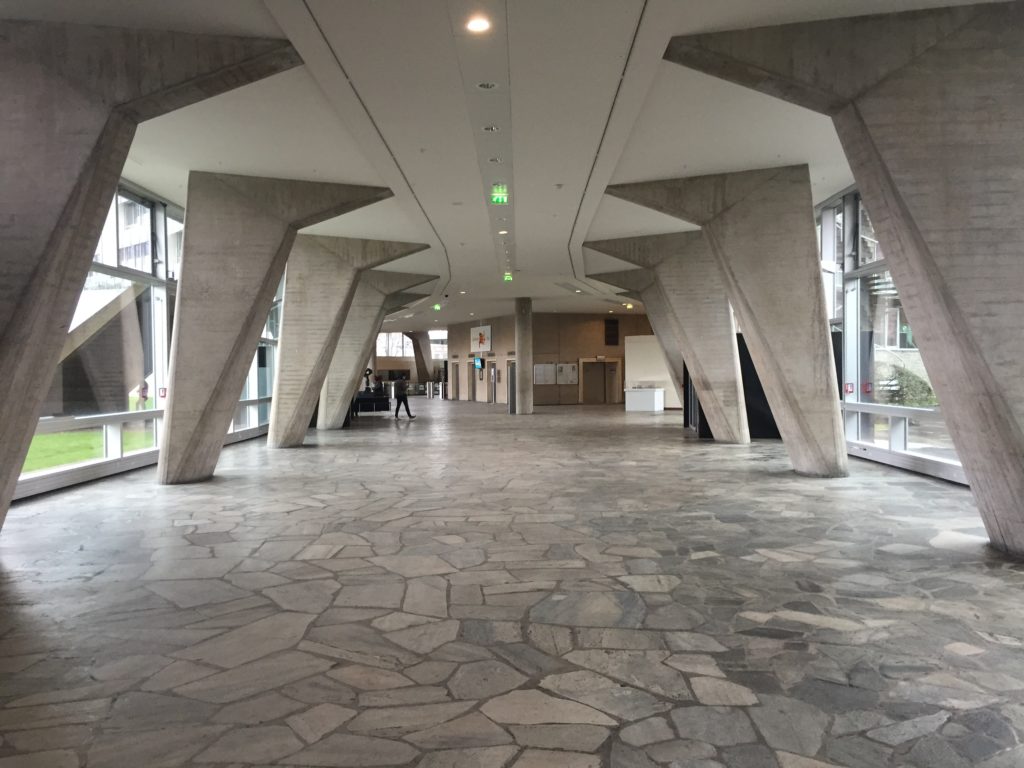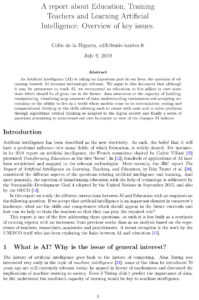Conference of the UK UNITWIN/UNESCO Chairs Programme
On 30-31 May 2023, UK National Commission for UNESCO hosted the Conference UK UNESCO Chairs Conference to mark the yearly anniversary of the UNITWIN/UNESCO Chairs Programme. This event, supported by the National Commission for UNESCO, brought together over 20 participants representing some 22 UNESCO Chairs and UNITWIN in the UK. This global network encourages inter-university cooperation, collaboration and information sharing. Today, the Programme involves over 700 institutions in 126 countries.
The two days of knowledge sharing inspired new ideas, partnerships, and opportunities that highlighted the value of intellectual collaboration across the network and beyond. The value of transdisciplinarity, future-oriented approaches and the need for increased North-South-South and South-South cooperation were emphasized throughout the event.


































